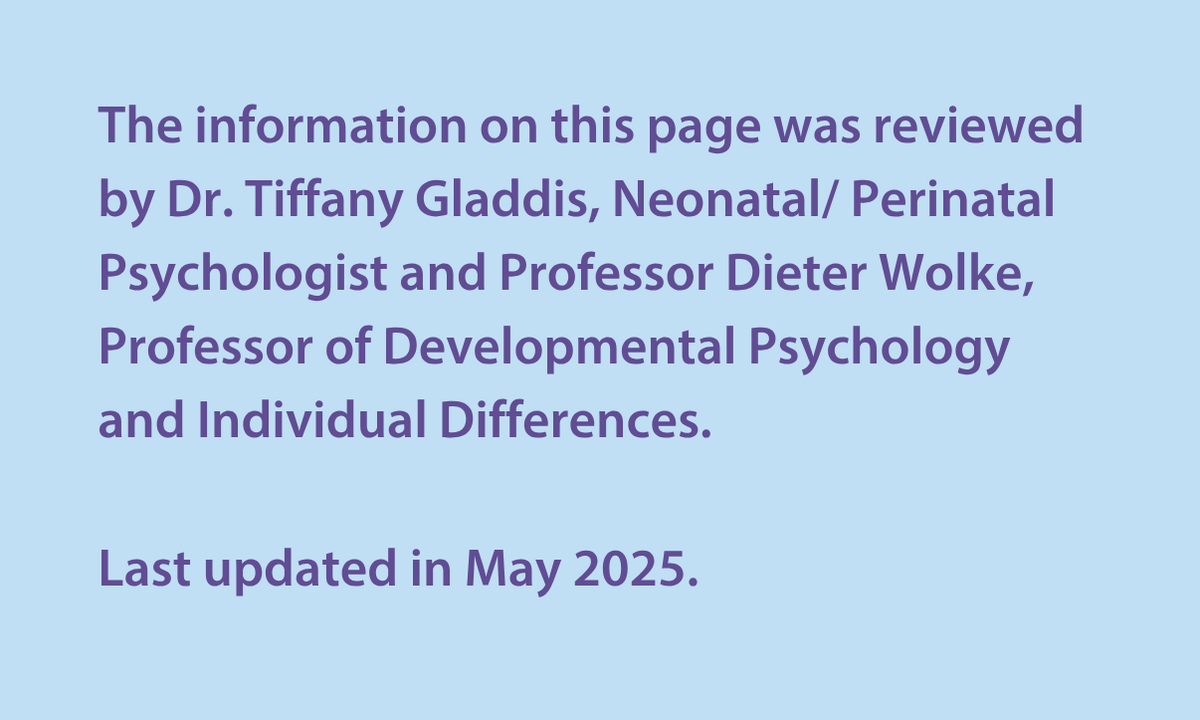Losing multiple babies, like twins, triplets, is devastating in a way that only not many can relate to. Sometimes they pass away at the same time, for different reasons, or after weeks of hoping one might survive.
If your babies pass away, you should always be allowed to take your time to see and hold them. You should not feel rushed to say goodbye. You might want to try to hold your babies together with your partner or the person that was supporting you and invite family and friends, including older siblings, to do the same. Though this time is painful, you will treasure those moments forever.
For resources and other parents’ stories on grieving loss in a multiple pregnancy, visit The Butterfly Project’s website.
It can be helpful for parents to talk to trusted confidants who will listen to their experience and be emphatic. Joining infant loss support groups can be beneficial and connecting with a friend who has also experienced a similar loss can provide immense comfort.
There are truly no words to describe the emptiness of coming home without your baby or babies. After the initial shock, a deep sense of loss can set in, yet people may expect you to return to "normal" soon after. This can be especially tough when it is time for you to go back to work. While work can distract you temporarily, it may also add stress and not ease the grief. Partners and grandparents also struggle, often avoiding discussions about the baby or babies or hiding their emotions, thinking it will help. Siblings might find it hard to see their parents overwhelmed or crying, and may not fully understand the situation, so they need support as well.
Every person grieves in their own way. If it feels like your partner or family members are not sharing the same pain, try to talk openly with them. Share your feelings, and listen to theirs, understanding that each person’s grief may be different. Sometimes, it might seem like one person has moved forward more quickly, but grief, like a fingerprint, is unique and cannot be compared. However, if you or your partner are experiencing intense, persistent grief that disrupts daily life a year after your loss, it could be a sign of prolonged grief disorder. In this case, seeking support from a mental health professional can be very helpful.

